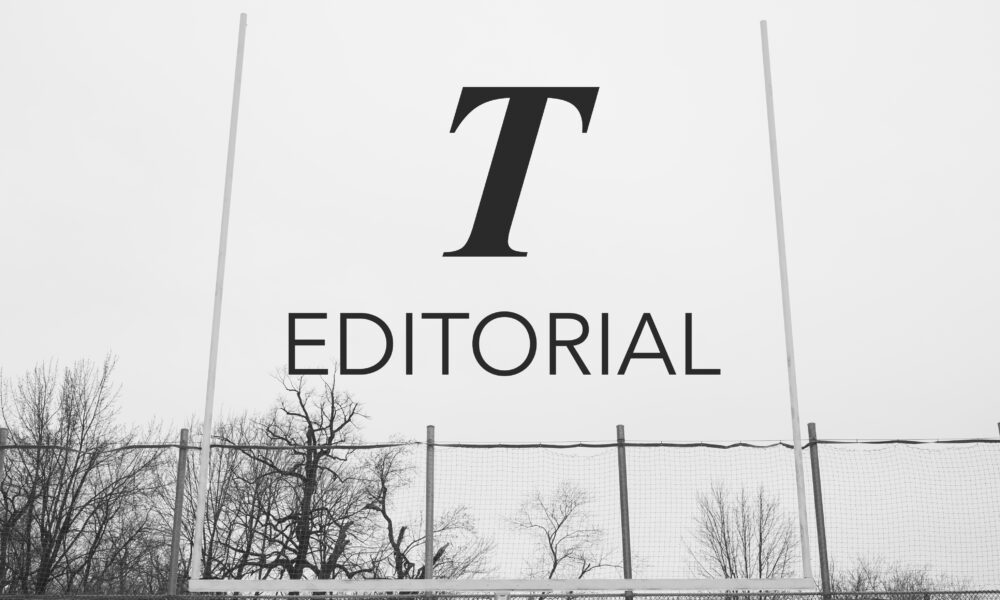Content Warning: Mentions of sexual abuse
In the last few years, confrontations with histories of abuse have shaken the world of Canadian sports. Following the settlement of a case of sexual assault involving eight members of the Canadian Hockey League CHL in 2018, The Globe and Mail’s investigation that followed unveiled the existence of multiple slush funds exceeding $15 million intended to protect athletes from legal troubles regarding non-insurable offences such as sexual abuse. On Jan. 30 of this year, five players—four of whom are currently signed to contracts in the National Hockey League––were charged with sexual assault. The Hockey Canada scandal, however, reveals that systemic abuse pervades all elite competitive sports in Canada. Given sports are a fundamental aspect of Canadian identity and influence abroad, federally funded sports organizations must address the structures of abuse that harm youth and professional leagues.
Abusive coaching practices are central to the socialization of young children in sports. Coaches teach young athletes from the moment they enter sports to prioritize winning above all else. For this reason, hostile coaches are able to justify hitting children as a tool of motivation or verbal abuse in front of teammates as tactics to help the team win. The Standing Committee on the Status of Women delved into many abuse allegations in 2022, revealing stories of Gymnastics Canada coaches who fixated on players’ eating habits, publicly chastising them if they were seen to have gained weight. For many athletes, these damaging coaching practices also come in the form of ignoring dangerous hazing practices that often deteriorate into sexual abuse.
The fixation on performance trumps all other elements of an athlete’s well-being. The extreme emphasis on winning entrenches abuse even deeper into sports culture. Young athletes then struggle to identify abusive situations they are involved in, let alone speak out against them. When parents make a considerable financial investment in their children’s athletic careers, this raises the stakes to perform well and exacerbates the pressure to ignore abuse.
With this reality in competitive sports, minority athletes are often even more vulnerable to abuse. In emphasizing diversifying sport through inclusion, institutions pay little attention to how marginalized individuals are treated by teammates, coaches, and fans after they are brought in. As such, practices of predatory inclusion in which sports include non-white players under exploitative premises continues to pervade the predominately white world of elite sport in Canada. Moreover, when it comes to speaking out, it is much more challenging for marginalized athletes to come forward as their inclusion remains conditional on the acceptance of white supremacy.
The reality of abuse in sports speaks to a larger culture of acquiescing to violence within Canadian institutions. The same strategies of protection and silencing are at play. Abusive authority figures are moved from institution to institution, while violent coaches are often transferred to teach at lower levels when their practices are called out. Canada continues to address this issue on an individual basis, instead of recognizing the overall systemic issues that both perpetuate and encourage abuse.
The three-person commission to investigate systemic abuse and human rights violations in Canadian sport announced by the federal government on Dec. 11 is simply not enough. Canada must launch a national inquiry—as many former athletes have called for—and implement a public database of coaches and athletes involved in abuse.
As the accusations of abuse at Western University show, university sports face the same endemic issues. Canadian universities, including McGill, lack a system of accountability to address abuse as athletes enter what are often the final stages of their playing career. At the university and in all other leagues, Canadian sports need to actively support victims who speak out to dismantle the system of abuse, both through better psychological care of athletes and steps toward accountability for perpetrators. Sports must come back to its roots of community and the passion for playing, rather than just owning the podium.








